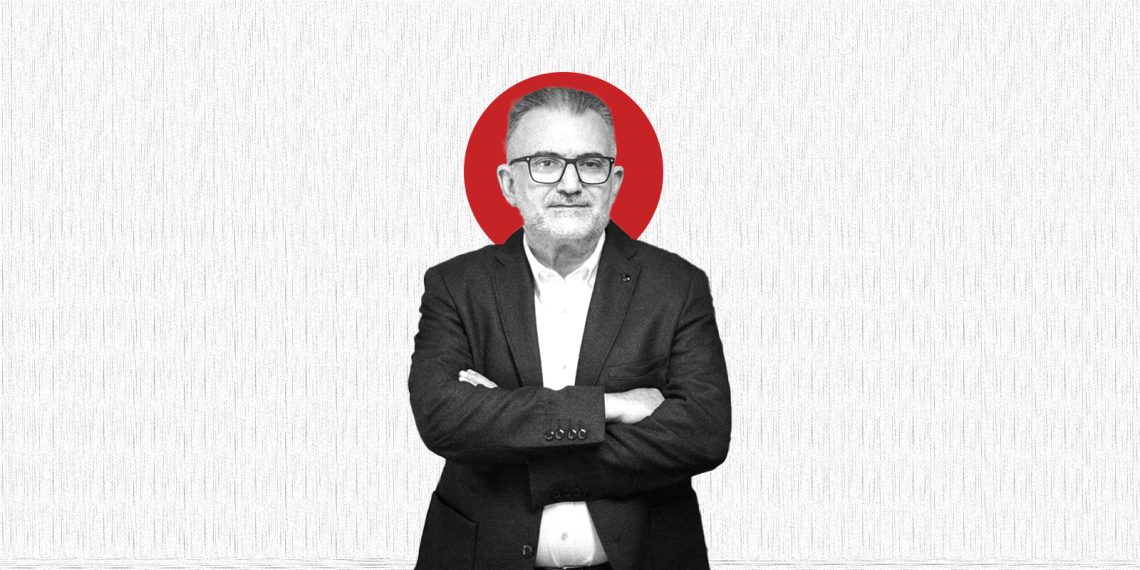More than four months after the fall of Bashar al-Assad’s regime, Syria remains mired in economic devastation, with inflation soaring, public services deteriorating, and corruption deeply entrenched. While the country’s new transitional government has made infrastructure recovery a priority, experts warn that reconstruction cannot proceed meaningfully without political stability, legal clarity, and international cooperation.
In an interview with 963+, Syrian researcher and policy expert Salam Kawakibi, who heads the Arab Center for Research and Policy Studies in Paris, pushed back on claims that the international community is reluctant to support Syria’s reconstruction. “The international community is not hesitant,” Kawakibi said. “It simply imposes conditions—on governance, gender inclusion, regional diplomacy, and more.”
These conditions, he noted, differ across global actors. While European nations have emphasised democratic benchmarks, the United States under President Donald Trump has made its support contingent on Syrian compliance with Israeli security demands, including demilitarisation of border regions and open skies for Israeli operations.
Kawakibi pointed to U.S. banking sanctions as the principal bottleneck stalling reconstruction. “All financial transfers pass through the SWIFT system in New York,” he explained, “so even European and Qatari attempts to fund Syrian recovery efforts, including civil servant salaries, have been blocked.” Despite a temporary easing of EU sanctions earlier this year, U.S. restrictions continue to undermine financial transactions essential to rebuilding the war-torn country.
Syria’s infrastructure, meanwhile, lies in ruins. According to estimates from Washington-based Energy Specialized, the electricity sector alone suffered over $40 billion in direct damage, while indirect losses exceed $80 billion. Water infrastructure losses are estimated at $1.2 billion. At least half of Syria’s 20,000 schools are severely damaged, with many unfit for basic education.
In this context, the role of the Syrian private sector—particularly expatriate investors—could be pivotal. Yet Kawakibi cautioned that uncertainty surrounding Syria’s political future and a lack of legal guarantees have deterred diaspora engagement. “Capital is cautious,” he said. “Investors won’t enter an opaque system riddled with risk.”
Looking ahead, Kawakibi predicted that Turkey will take a leading role in Syria’s reconstruction, backed by Gulf financing. Turkey’s proximity, construction expertise, and growing economic ties with northern Syria make it a natural player in the rebuilding effort. However, he stressed that the new Syrian leadership must diversify its international partnerships to avoid becoming overly dependent on any single actor.
“The Syrian government should ensure inclusive participation from all regional and global stakeholders,” Kawakibi advised, “to safeguard national stability and shield the transition from external sabotage.”
Despite the challenges, Kawakibi remains cautiously optimistic. But for Syria to move forward, he said, it must secure more than bricks and funding—it needs credible governance and legal reforms that foster trust at home and abroad.
This article was translated and edited by The Syrian Observer. The Syrian Observer has not verified the content of this story. Responsibility for the information and views set out in this article lies entirely with the author.


